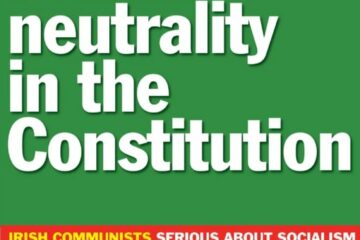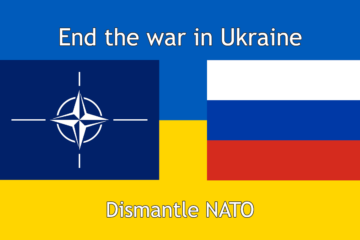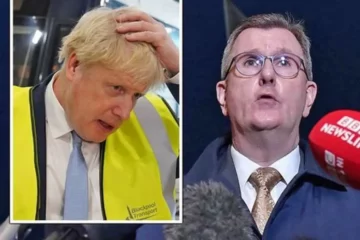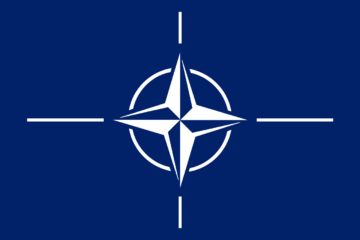Statement by the Communist Party of Ireland
6 December 2017
According to the Financial Times (Wednesday 6 December), “blocking a Brexit divorce deal is a high stakes game. It is in everyone’s interests to help May keep the show on the road.”
The leaking of the supposed deal regarding the “border issue” between Britain, Ireland and the EU shows that it would result in the economic border being placed in the Irish Sea (at ports of entry into the British state) and with the North of Ireland having a special relationship, called “regulatory alignment,” with the EU.
This provoked an immediate tantrum from the DUP and the UUP, who fear even any apparent weakening of the union with Britain.
The British establishment and the British state knew from the outset that it was never going to be a runner with the DUP. The recent meeting between the British prime minister, Theresa May, and the president of the EU Commission, Jean-Claude Juncker, almost produced an agreed text regarding the border. In double-quick time this term “regulatory alignment,” now applied to the whole of the British state, was seized upon by those who wish for a minimalist Brexit. Equally, it infuriated the more extreme Tory Brexiteers.
The Financial Times—representing, as always, the interests of the City of London—is anxious that the negotiations with the EU should succeed, preferably on the terms almost agreed by May and Juncker, to keep Britain and the EU as close as possible, with “regulatory alignment” negating the effect of leaving the customs union.
While the border issue is important to us, it has been used by both the British and the EU to further their shared goal of a minimalist Brexit, using the Irish people as pawns in their game to achieve the same shared ends: that is, if they can’t reverse the referendum decision—the preferred option (as we know from referendums here in the Republic as well as in France and the Netherlands)—then how do they secure the same outcome?—that is, Britain retaining the maximum economic and political relationship with the EU, leaving in words but remaining in practice, thereby frustrating the democratic decision of the British electorate. Theresa May can report back, “I was only following your instructions. This is the best deal I could get.”
The Irish state is a willing player—albeit a bit player—in this strategic game of manoeuvre by representatives of both British and EU monopoly business and financial interests. The British state is using the contesting demands and exploiting the supercharged pro-EU forces in the Republic to create enough momentum to advance its strategic goal.
Should this strategy by the British state succeed, both the Irish government and the DUP might conceivably claim a victory, though their influence has been marginal at best, both being merely made use of by the major players.










